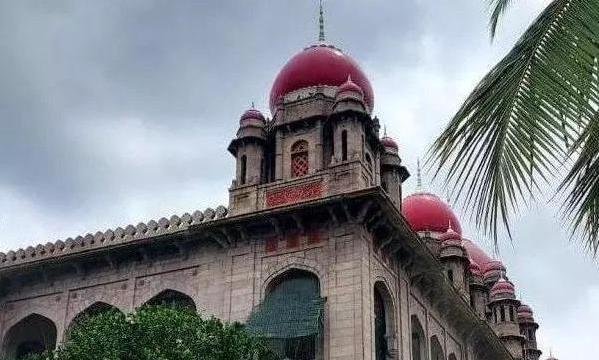
HYDERABAD: Justice Moushumi Bhattacharya of the Telangana High Court passed an interim order directing a French company and its wholly-owned Indian subsidiary to refrain from deleting data or records that may form part of evidence to be adduced by an ex-employee against the companies in arbitration proceedings.
interim protection to the petitioner would result in irreparable injury and that the petitioner is entitled to seek preservation orders for the ultimate objective of the arbitration. The judge noted that respondents have enough
power in their possession in terms of technology or otherwise to preserve evidence and prevent evidence being deleted from their software. Considering the same, the judge passed an interim order restraining the respondents, its employees, and others, from deleting data contained in internal application system of the Indian subsidiary to which the petitioner was given access during his employment, including records of his email ID, internal communications and reports. The judge also directed the petitioner to issue
notice to the respondents and posted the matter for further hearing.
Writ seeking release of land in Mansoorabad village dismissed
A two-judge panel of the Telangana High Court dismissed a writ appeal pertaining to the release of 2,400 acres of land in Mansoorabad, Saroornagar mandal, Rangareddy district. The panel, comprising Chief Justice Alok Aradhe and Justice J. Sreenivas Rao, was dealing with a writ appeal filed by Vooradi Kavitha and 202 others, claiming rights to the land in question through a memorandum of gift executed by the legal heirs of the original owner Haneefa Bee. The petitioners alleged that the land was under government custody since 1947 and it was acting only as a caretaker and was thus, obligated to return the land. However, the single judge observed that
the memorandum of gift was invalid, as the donors had admitted that they were not in possession of the land and had conditioned possession on the resolution of legal disputes. The petitioners contended that the government’ s caretaker role did not negate the ownership rights of the pattadar or her heirs. The panel further noted that neither Haneefa Bee nor her heirs had sought the land’s restoration for over 70 years. The land was leased to the forest department in 1954 and it continued to occupy it even after the lease expired in 1979. The panel ruled that the directive for surveys and demarcations did not establish the petitioners’ title and emphasised that such claims must be pursued through civil remedies and not writ jurisdiction. Accordingly, the panel dismissed the writ appeal.
Aspiring MV inspectors challenge medical test
orders.
Justice G. Radha Rani of the Telangana High Court granted anticipatory bail to two individuals implicated in a high-profile fake visa scam. The judge was dealing with anticipatory bail petitions filed by Kitty Sai Raviteja and Kottu Manoj, who allegedly operated an unlicensed visa agency that collected substantial sums of money from victims under false pretexts. The case, which was initially registered by the Karimnagar-I town police station and later transferred to the CID, Hyderabad, involved allegations of defrauding individuals with false promises of employment in Malta. According to the prosecution, the accused took Rs 2.95 lakh towards an assured job and visa for Malta. However, despite being sent abroad, the complainant returned jobless after five months. Another victim, Sunil Kumar, claimed that he was duped of Rs 3.18 lakh under similar circumstances. When the victims demanded a refund, the accused reportedly refused, leading to the registration of the case under multiple sections of the Indian Penal Code, including charges of cheating, forgery, and criminal conspiracy, as well as provisions under the Emigration Act, 1983. The counsel for the petitioners argued that there was no direct evidence against them and that their alleged involvement was inferred solely from the statements of the co-accused and witnesses. The prosecution opposed the bail plea and contended that the petitioners were part of a larger conspiracy. However, the judge found no substantial evidence of the petitioner’s active participation in the alleged fraud.
